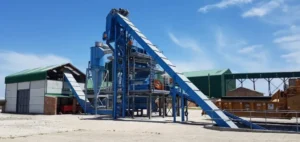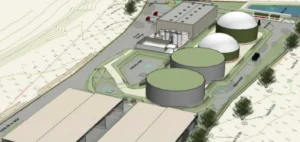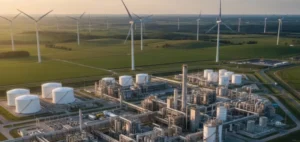YB Liew Chin Tong, Deputy Minister of Investment, Trade and Industry, announced that Malaysia would focus on using the biomass created by the oil palm industry as a feedstock for advanced fuels. Speaking at an event organized by the Malaysian Investment Development Authority, the Minister stressed that biomass was seen as “a necessary catalyst for new high-value-added industries”.
Investments and challenges
Under the 12th Malaysia Plan, which runs from 2021 to 2025, Malaysia is looking to boost investment in palm oil by-products, designating biomass as a strategic sector. However, since 2019, investment in this sector has been fluctuating and has not reached the ambitious MR10 billion ($2.1 billion) target set by the plan. According to Tan Sri Sulaiman Mahbob, Chairman of the Malaysian Investment Authority, current investment in the sector amounts to MR 222.9 million.
Biomass use and potential
Malaysia produces around 90 million tons of solid biomass, such as empty fruit bunches, mesocarp fibers, kernel shells, fronds and tree trunks, when producing over 18 million tons of palm oil annually. Traditionally, these fibers and shells have been used as a source of energy in palm oil mills, but much of this solid biomass is now disposed of.
Biofuels and the ecological outlook
In recent years, demand for the liquid by-products of palm oil extraction, such as palm fatty acid distillate and palm oil mill effluent, has also increased, stimulated by European regulations favoring the use of residual feedstocks for biodiesel production. The FOB Malaysia price for palm oil mill effluent was valued at $795/tonne on May 2, down 3.6% over the month.
Malaysia’s initiative to promote the use of biomass from the oil palm industry as a source of renewable fuels marks a potential turning point towards a more sustainable and environmentally-friendly industry. This strategy could not only reduce dependence on fossil fuels, but also valorize waste from the palm industry, offering a double win for the economy and the environment.






















